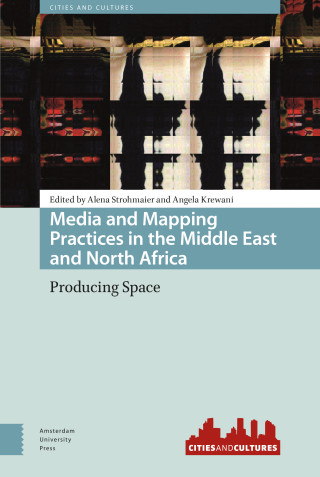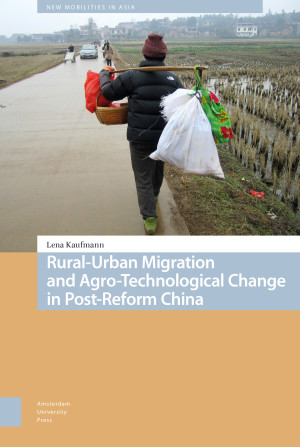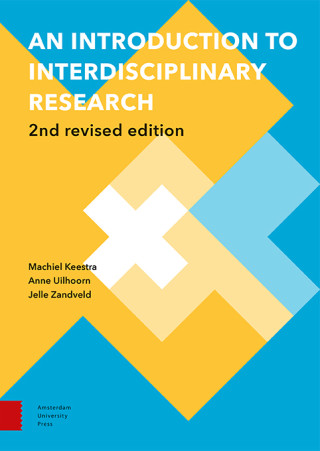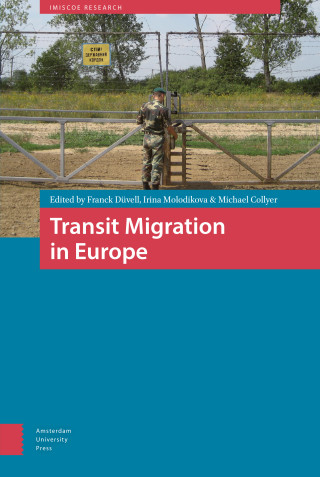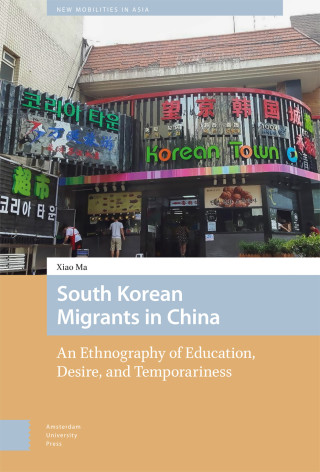"[...] the book strives to achieve an understanding of migration and farmers that it is “beyond” the usual. This is a refreshing, well-written, and thoughtful book. [...] The book is a significant contribution to research on migration, agriculture, and rural-urban development in China."
-
C. Cindy Fan, University of California, Los Angeles, The China Journal, Volume 89 (2023)
“Kaufmann has produced an excellent anthropology-driven analysis… of paddy rice farmers with a focus on the complex processes of rural-urban migration in China… Her insight and analysis of the transformations of knowledge systems is first-class."
- Prof. em. Jørgen Delman, University of Copenhagen, The Copenhagen Journal of Asian Studies
"This wonderful innovative book explores how migration affects rural households in Central China as farmers deal with the predicament of needing to both earn money in the cities and maintain their rice fields in the village. [...] All Kaufmann's arguments are grounded in wider literatures on sociotechnical studies, the anthropology of agriculture, and migration studies."
- Rachel Murphy, University of Oxford, China Information 36 (I) (2022)
"Meticulously researched, the book brings together labour migration, economic transformation and agricultural knowledge transmission. With solid empirical details and innovative angle, the book makes rare contributions to understanding socioeconomic changes in China and beyond."
- Biao Xiang, Professor of Social Anthropology at the University of Oxford, and Director of Max Planck Institute for Social Anthropology
"Kaufmann's wonderful study of China's migrant worlds is a must-read for anyone interested in the multiple material skills and resources that underprivileged rural populations marshal in their quest for the good life."
- Francesca Bray, Edinburgh University
"[...] an immensely crucial contribution in the field of anthropology of Chinese agriculture as well in the field of migration studies since it decentres the classical depiction of Chinese smallholders: [...] Kaufmann shows that these rural communities actively make choices built on a repertoire of skilled practices that are rooted in the socio-technical ground of wet rice cultivation."
- Rebekka Sutter, Ethnographic Museum Zurich
“[...] a compelling interpretation land-use practices and migration patterns that goes beyond dichotomies of modern vs. backward farming and narrow economic explanations. […] With thoughtful attention to those who live in the midst of its predicaments, Kaufmann has offered a great example of how research can engage complex and dynamic change across the rural–urban divide.”
- Jelena Grosse-Bley, Humboldt-University of Berlin, and Max Planck Institute for the History of Science, East Asian Science, Technology and Society
